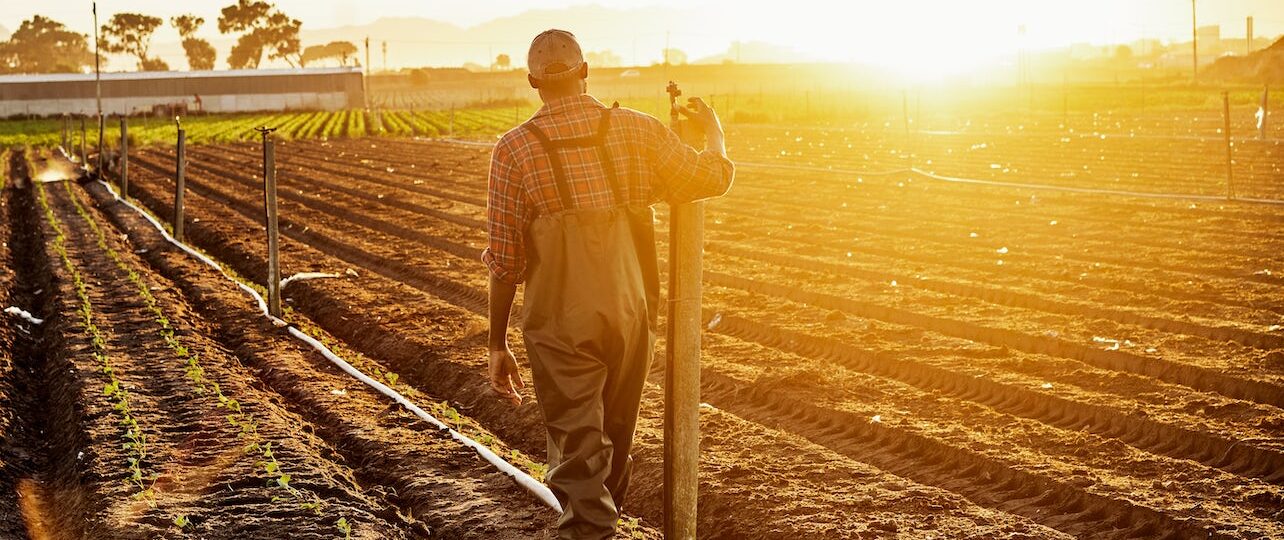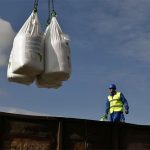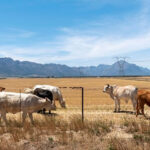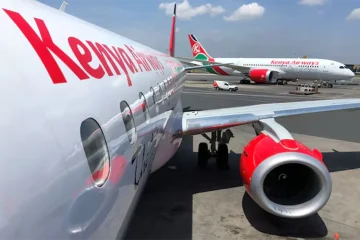[tta_listen_btn listen_text=”Audio” pause_text=”Pause” resume_text=”Resume” replay_text=”Replay”]
SOUTH Africa’s agriculture has had great consecutive seasons since 2019/20. The sector’s gross value added grew by 14.9% in 2020, 8.8% in 2021 and modestly by 0.3% in 2022. This was primarily supported by favourable weather conditions.

The current season is also likely to deliver solid growth for the sector, with variation across sub-sectors. We already see prospects of large crops across the country.
Export performance is likely to be robust, especially with a weaker rand exchange rate, which makes South African products more competitively priced in the global market.
Still, the sector is not reaching its full potential. A number of factors stand in the way of even greater success and greater participation of black farmers in commercial value chains.
The first factor to mention is worsening power cuts. The agricultural sector is heavily reliant on energy. For example, recent work by the agriculture and food policy research group, the Bureau for Food and Agricultural Policy shows that roughly a third of South Africa’s farming income depends directly on irrigation, which requires power.
But that’s not the only challenge. Deteriorating roads, collapsing water infrastructure and rising crime are barriers to functioning effectively and efficiently.
These are not new issues. They have been flagged before. But they have worsened. They are a challenge for large commercial farmers as well as smaller farming enterprises. The emerging or new entrant black farmers, with limited financial resources, face it more acutely.
These challenges highlight the effects of weak governance across all spheres of government in South Africa. It is serious for all sectors, but particularly so for agriculture, which depends on the proper functioning of essentials such as roads, water and power.
Provincial governments and municipalities have not maintained or upgraded infrastructure that would support agriculture.
The results of this neglect, over time, are likely to lead to declining economic conditions and employment opportunities in small towns. Farming and agribusiness play a crucial role in sustaining the economies of small towns and rural areas. Paying attention to infrastructure could catalyse a virtual cycle in which the private sector increases investment, in turn leading to increased economic opportunities.
Roadblocks facing farmers
The impact that poor roads have on farmers is well illustrated by a recent case in the Eastern Cape province. Dairy farmers in the Ncorha area struggled to receive farm supplements, feeds and diesel because of the poor state of the roads. And they couldn’t deliver their produce to the market.
Ncorha is a small region in the Chris Hani District Municipality in the Eastern Cape province of South Africa. One of its vital economic activities is farming, primarily the dairy industry. The Eastern Cape accounts for nearly a third of South Africa’s dairy production.
Poor infrastructure is not isolated to the Eastern Cape. Roads across the rural towns of the Free State, North West, Limpopo and KwaZulu-Natal, all of which are major agricultural provinces, are also poorly maintained and are in a bad condition.
More than two-thirds of South Africa’s agricultural produce is now transported by roads, as rail transport has faced challenges over the years. This is a major change from two decades ago when rail played an important role in transporting agricultural produce, specifically grains.
The poor road network has forced some farmers to pay for road maintenance. They have not been able to reap the full benefit of higher agricultural output because they’re incurring additional operating costs. Farmers have to step in when municipalities misuse funds allocated for infrastructure. Details of this have appeared in numerous Auditor General reports.
Water has often been flagged by various agribusinesses and farmers as another major problem. Key is the maintenance of water infrastructure such as dams and purification systems. Agribusinesses in some towns have had to step in and maintain water infrastructure. This again takes financial and human capital away from businesses to public service that municipalities should be covering.
Agribusinesses and farmers are also seeing a rise in corruption and crime. Commercial farming businesses have had to tighten security over the years at their own cost because of lawlessness in rural South Africa. Harvest and livestock theft affect all farmers and are much harder for new entrant farmers without a strong financial position to invest in security and technical solutions. Again, having to tighten security shifts resources from more productive uses to cover for the government’s shortcomings.
Why strong agricultural sector matters
South Africa faces a high unemployment rate at just under 33% in the first quarter of 2023. Rural areas tend to face the harsh effects of the poor economic conditions.
Resolving the unemployment crisis requires that all economic sectors perform optimally, especially the primary sectors with an ability to absorb even the least skilled labour. Agriculture is one such sector, while agribusiness and agro-processing also present a range of employment opportunities.
But all these hinge on effective provision of public services such as roads, water and electricity. In turn, these depend on strong provincial governments and municipalities.
The recently launched Agriculture and Agro-processing Master Plan presents practical steps for implementing Chapter Six of the National Development Plan, which outlined a vision for developing the agricultural sector further.
Weaknesses of the provincial government and municipalities are undermining the government’s plans to expand agricultural output and resolve inefficiencies within the Department of Agriculture, Land Reform and Rural Development.
These weaknesses are also hindering the economic vision for South Africa set out by President Cyril Ramaphosa.
Addressing local government failures should be a top priority for the presidency. Rural towns and communities support millions of people and are currently in despair.
Public-private sector partnerships can also be considered to help tackle some of these challenges. Models of how these can work are outlined in various master plans and need commitment and effective leadership.














